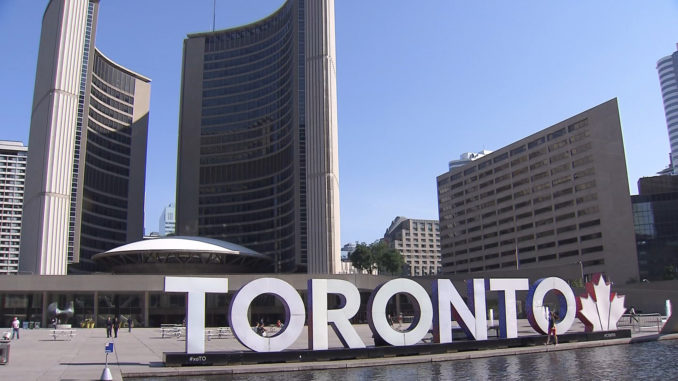
Today, Toronto City Council adopted updates to the Noise Bylaw, which balances the city’s vibrancy with the needs of residents and visitors and provides time restrictions and sound level limits for various types of noise.
In 2023, the City reviewed the successes and challenges of implementing the Noise Bylaw, which was last updated in 2019. The review included third-party public opinion research, broad public consultations, engagement with interested parties, such as residents and businesses, technical advice from an acoustical engineering firm and a review of jurisdictional best practices and approaches. The City heard from more than 750 participants at six consultations and received more than 2,200 emails with feedback. Input received was used to inform recommended bylaw refinements and today’s bylaw amendments.
Updates to the current bylaw include:
• Modernizing the noise exemption permit process, which will introduce activity-based permits to differentiate lower and higher impact activities and require additional conditions for higher impact events (such as a large concert using amplified sound near a residential area).
• Strengthening the rules for “amplified sound” by lowering nighttime indoor limits by three decibels (from 45 dB(A) to 42 dB(A) or from 60 dB(C) to 57 dB(C)) from 11 p.m. to 7 a.m. and adding limits to specific musical instruments, such as drums, which may not be amplified but still can produce excessive sounds.
• Updating definitions such as “point of reception” in the bylaw that will allow the City to take noise measurements from the property line of a point of reception (the location where the sound or noise is being heard).
• Incorporating sound-induced vibrations into the prohibition on “unreasonable and persistent” noise, which will allow the City to take a more holistic response to public concerns about the health impacts of noise.
Today, Council also directed the City to take several additional actions including:
• Developing a process to monitor noise issues from waste collection operations and reporting back as necessary if issues need to be addressed.
• Conducting public education campaigns and public sessions to educate Toronto residents about the regulations.
• Updating the 311 complaints process to allow residents to submit noise complaints for a wider variety of noise issues.
• Implementing adjustments to sound level measurements to enable enforcement officers to consider special qualities of sound (i.e., a hiss, hum or buzz).
• Introducing new and updated fees for noise exemption permits and noise monitoring to ensure cost recovery.
• Requesting resources to support the recommended upgrades to the noise exemption permit process.
Staff were also directed to consult with the Toronto Music Advisory Committee and to report to the Economic and Community Development Committee by the fourth quarter of 2024 on options to limit noise impacts related to commercial waste collection activities. Staff were additionally directed to consider amendments to the amplified sound section of Chapter 591, Noise, to set specific decibel level ranges for sound levels that exceed ambient sound levels.
Council has approved the phased-in implementation of bylaw changes this year with bylaw amendments on specific prohibitions such as amplified sound to take effect on June 1 and the rest of the bylaw amendments related to the exemption permit process to take effect on September 1. As directed by the Economic and Community Development Committee (ECDC), staff will also report back on additional options for reducing decibel levels for motorcycles and motor vehicles to the ECDC meeting on February 20.
The staff report and Council’s decisions are available on the City’s website: https://secure.toronto.ca/coun
Before submitting a complaint, residents are encouraged to exercise a reasonable degree of tolerance and consider speaking with those responsible for making the noise to give them an opportunity to correct the issue. If this approach does not work, residents can call 311 or submit a complaint online: www.toronto.ca/home/311-toront
More information on noise in Toronto, including bylaw regulations by type of noise, submitting a noise complaint, noise exemption permits, mediation in noise complaints and fines for bylaw violation, is available on the City’s Noise webpage: www.toronto.ca/Noise.
Quote:
“In a city as large and vibrant as Toronto, certain levels of noise are reasonable and reflect life in a densely populated city. The changes to the Noise Bylaw that Council adopted today demonstrate that we are listening to residents’ concerns about noise and are taking action based on extensive consultation and research to balance the competing needs of people living, working and visiting our ever-growing city.”
– Mayor Olivia Chow
SOURCE City of Toronto

Leave a Reply